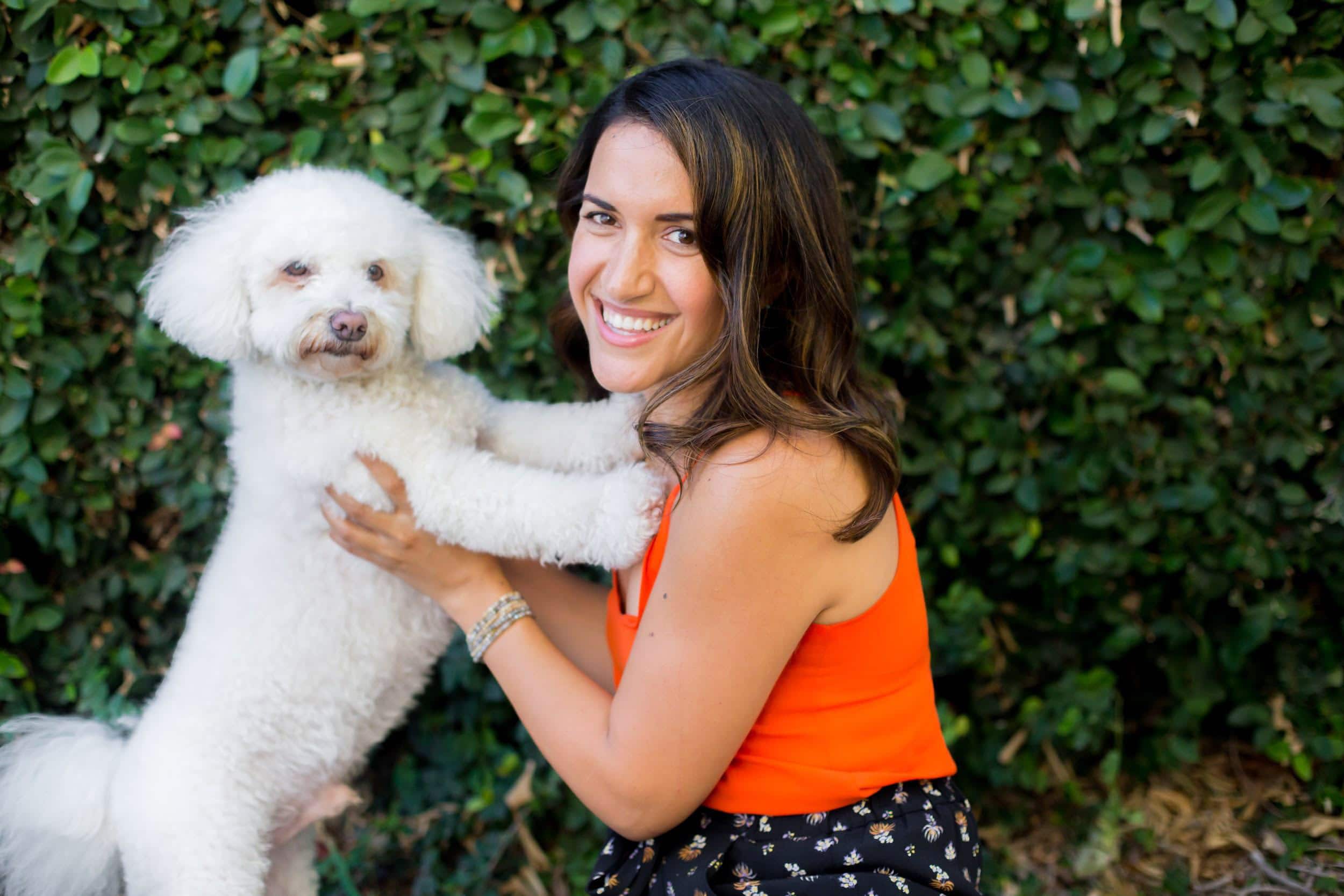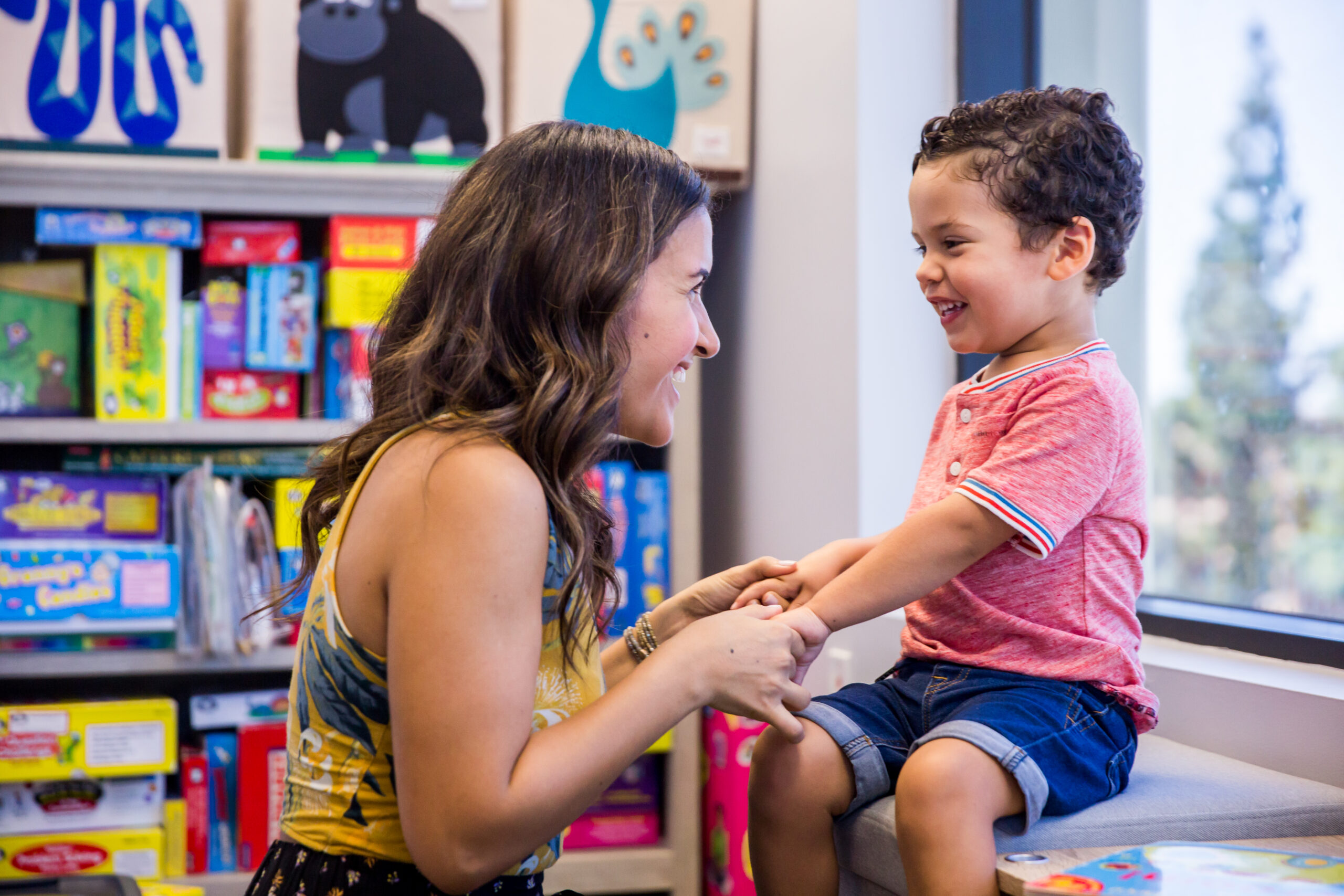As parents, educators, or therapists, we all share one common goal – we want the children in our care to grow, thrive, and reach their full potential. The first few years of a child’s life are marked with several critical stages of development that lay the foundation for the rest of their life. As children go through their developmental journey, they acquire skills that are essential for success in later stages of life. From speech and language to motor skills and sensory processing, early childhood development is a time when we can nurture growth and provide children with the support they need to become confident and empowered little leaders. In this blog, I will break down for you some important areas of your kiddo’s development:
Speech and Language:
Language is the primary means of communication, and speech and language skills are crucial for social and cognitive development. To help children develop speech and language, parents and caregivers can engage in activities like reading aloud, singing songs, and my all time favorite, PLAY. Play is a simple way to encourage language development all while connecting with your kiddo. Early language skills pave the way for success in reading, writing, comprehension, and social-emotional skills later in life.
Fine Motor Skills:
Fine motor refers to the ability to make precise movements with hands and fingers. In early childhood, fine motor skills are needed for activities like self-feeding, tying shoelaces, getting dressed, and drawing. To develop fine motor skills, children can practice using scissors, play dough, building blocks, or stringing beads. Parents can also provide opportunities for finger painting, drawing, coloring, and other art activities. These activities can help children develop the hand-eye coordination and dexterity they need for everyday tasks.
Gross Motor Skills:
Gross motor refers to the ability to move and control large muscle groups in the body, such as running, jumping, climbing, and throwing. To encourage gross motor development, parents can provide plenty of space for children to play and run around. Outdoor activities like playing catch, hopping, or skipping, can also help to develop gross motor skills. Additionally, swimming, dance, or yoga are great activities that strengthen muscles and improve balance and coordination.
Sensory Processing:
Sensory processing is the way the nervous system receives and interprets sensory information from the environment. Children who have difficulty processing sensory information may struggle with things like loud noises, bright lights, or certain textures. Parents and caregivers can create a sensory-rich environment that includes a variety of textures, sounds, and colors. For example, sand, water, or mud play can help children develop their sense of touch, while playing with musical instruments can stimulate their sense of hearing. By providing a sensory-rich environment, children can learn to regulate their responses to different sensory stimuli.
Feeding Skills:
Feeding skills are crucial for a child’s growth and development. Infants need to develop the ability to suck, swallow, and breathe in coordination when feeding. As children grow older, they learn to self-feed, use utensils, and drink from a cup. To encourage healthy feeding habits, parents can expose children to different textures, flavors, and food types. Modeling healthy eating habits and providing a variety of healthy foods can also help children develop healthy eating habits that will last a lifetime.
Early childhood development is a time when parents and caregivers can provide the support and guidance children need to reach their full potential. By nurturing growth in areas like speech and language, fine and gross motor skills, sensory processing, and feeding skills, we can help children develop the skills they need to succeed in later stages of life. Encouraging parent-child interaction, providing opportunities for exploration and discovery, and creating a safe and nurturing environment are vital for healthy development. By working together, we can help our children thrive and fulfill their potential.
To find out more ways we can support you and your little one on this journey, reach out to us today for a complimentary consultation.

SHOLEH SHAHINFAR
M.A. CCC-SLP, RYT
Sholeh Shahinfar is the Founder of Valued Voices, a licensed Speech Language Pathologist, Child Communication Specialist and Certified Oral Motor Therapist. She is passionate about uplifting children’s voices in the world and inspiring self-expression. In her free time, Sholeh embraces a vegan lifestyle, loves going to the ocean, exploring nature with her pup Kobe, practicing yoga, traveling, and spending time with her loved ones.


